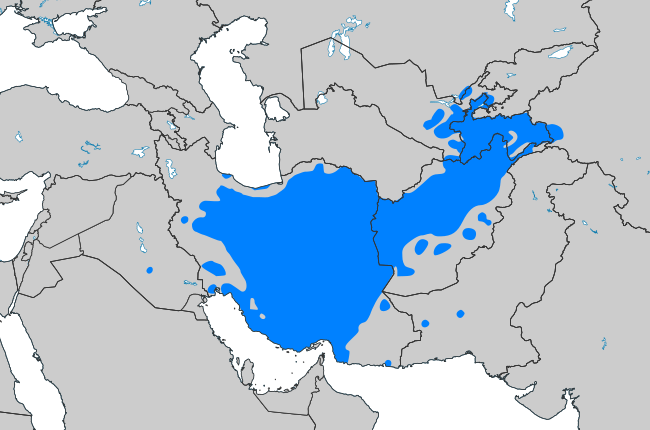The Safavids are arguably the most significant dynasty in modern-Iran. Under their rule, they reasserted Iranian identity in the region that hasn't been seen since the Sassanids, Persian culture flourished, and most significantly of all, made Shia Islam the official religion of Iran.
The Safavid Dynasty was actually of Kurdish origin, with the founder being Shah Ismail I in 1501. He and his successors would make Safavid Persia a major power in the 16th - early 17th Centuries, as Persian culture flourished and the Safavids went to war with the Ottomans throughout the decades. However, it was by the mid 17th to early 18th Centuries when the Safavids began to decline, due to factors such other powers such as the rising Russians, the Ottomans and most importantly the rising Afghan Hotak Dynasty. It was the last one, the Hotaks, that nearly ended the Safavids, only the Safavids to make a restoration thanks to the help of one general... and it would be that same general - Later known as Nader Shah - that would end the Safavids in 1736 and found the Afsharid dynasty. There would be brief restorations of the Safavids - Like with Suleiman II or Ismail III - But it would amount to nothing, as the Afsharids gave way to the Zand Dynasty and then the Qajar Dynasty.
What if the Safavids had a more stable regime, and managed to survive the present-day? Like, less enemies like the Hotak Dynasty, or if Nader Shah hadn't overthrown the Safavids, or an alternate way to prevent Safavid decline? How would a surviving Safavid Dynasty effect Iranian histroy?
The Safavid Dynasty was actually of Kurdish origin, with the founder being Shah Ismail I in 1501. He and his successors would make Safavid Persia a major power in the 16th - early 17th Centuries, as Persian culture flourished and the Safavids went to war with the Ottomans throughout the decades. However, it was by the mid 17th to early 18th Centuries when the Safavids began to decline, due to factors such other powers such as the rising Russians, the Ottomans and most importantly the rising Afghan Hotak Dynasty. It was the last one, the Hotaks, that nearly ended the Safavids, only the Safavids to make a restoration thanks to the help of one general... and it would be that same general - Later known as Nader Shah - that would end the Safavids in 1736 and found the Afsharid dynasty. There would be brief restorations of the Safavids - Like with Suleiman II or Ismail III - But it would amount to nothing, as the Afsharids gave way to the Zand Dynasty and then the Qajar Dynasty.
What if the Safavids had a more stable regime, and managed to survive the present-day? Like, less enemies like the Hotak Dynasty, or if Nader Shah hadn't overthrown the Safavids, or an alternate way to prevent Safavid decline? How would a surviving Safavid Dynasty effect Iranian histroy?
